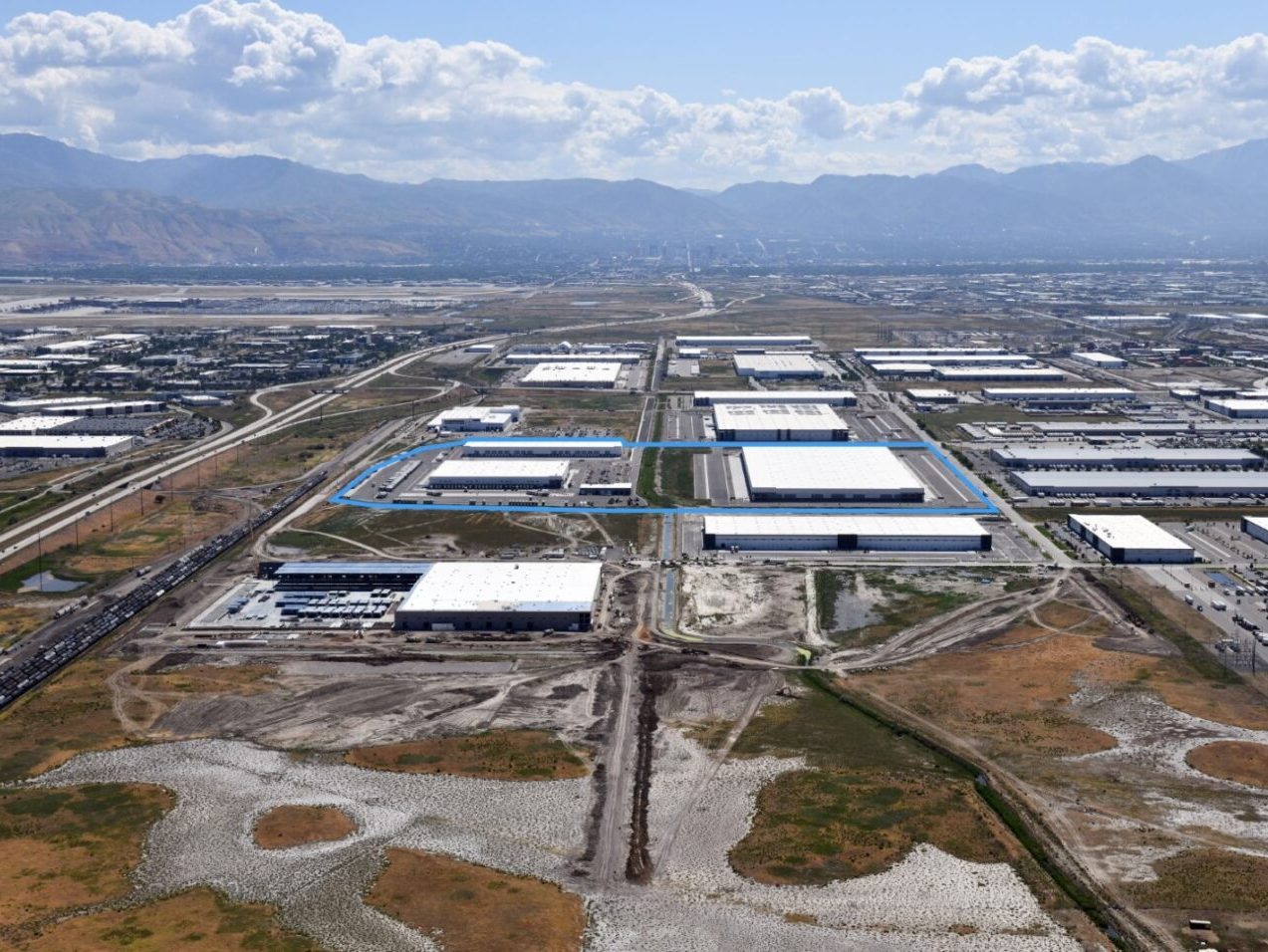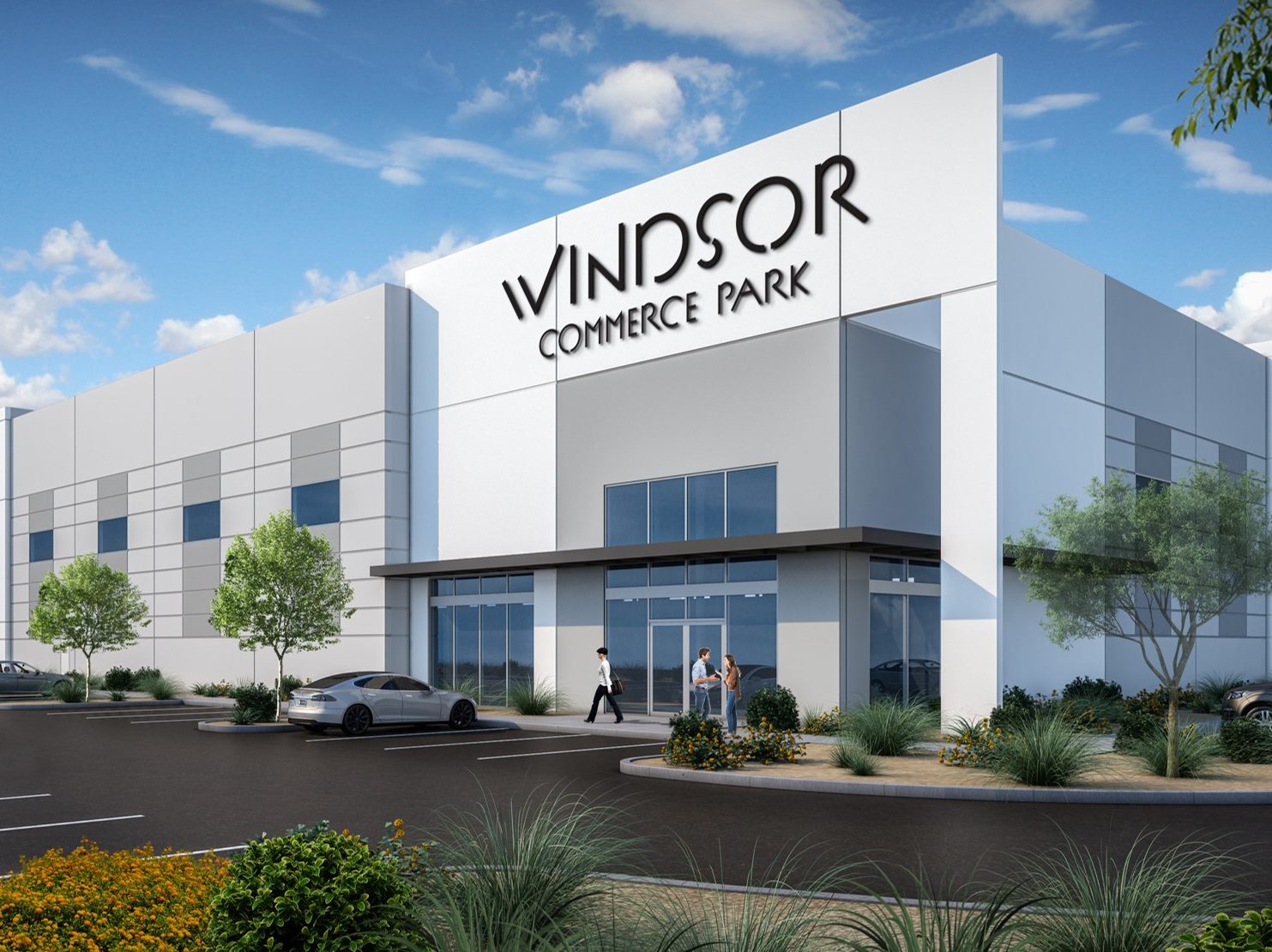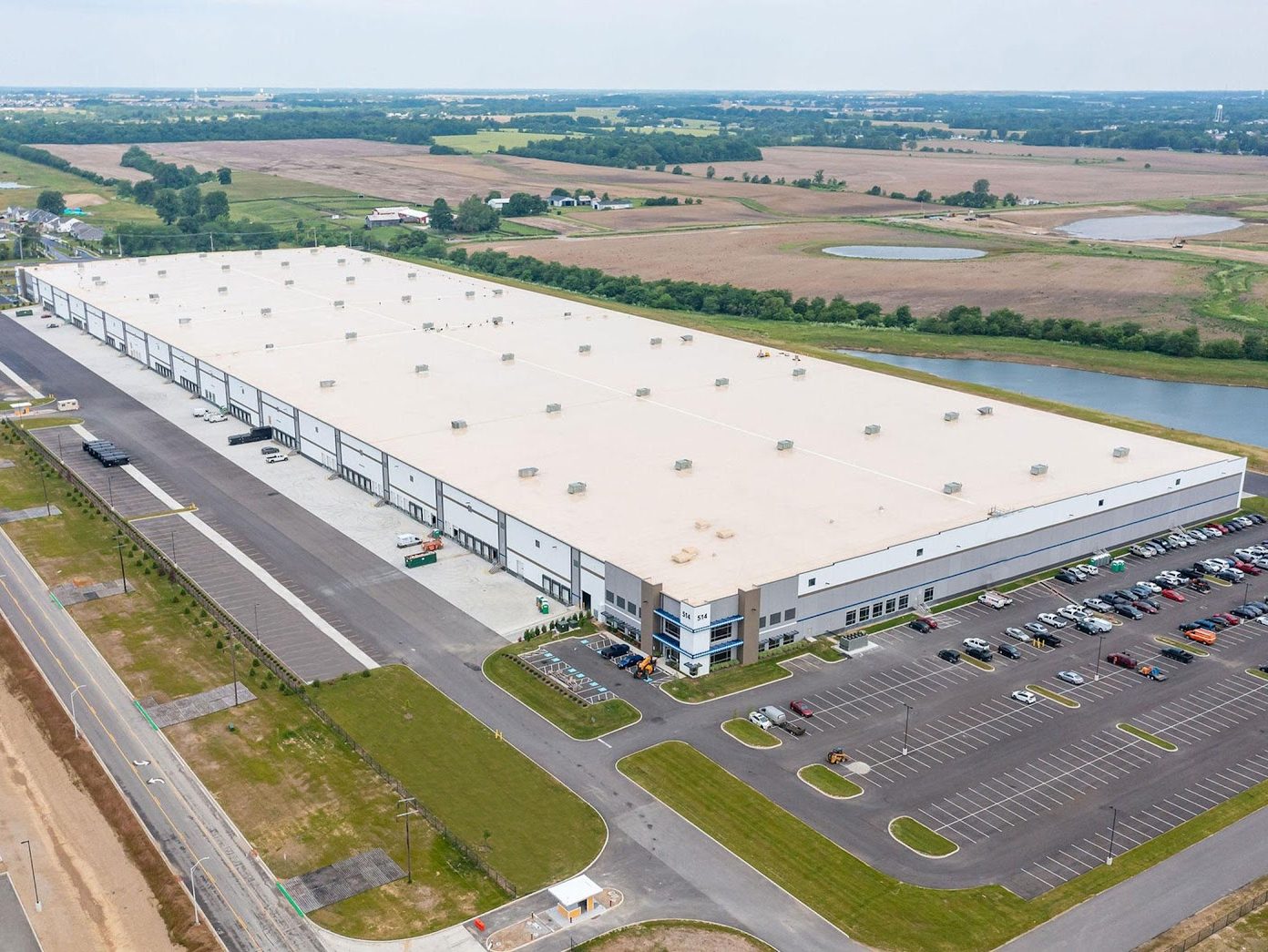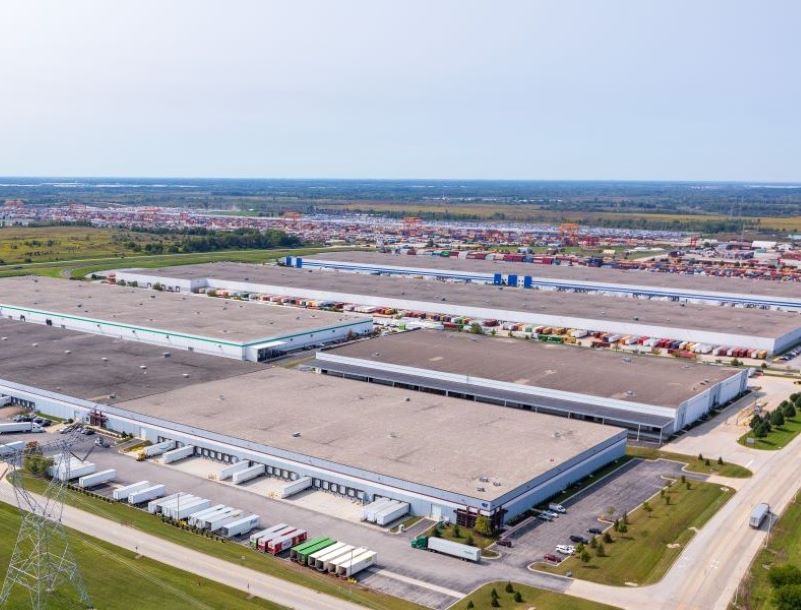Brookfield, King Street Form $1.5B Partnership
The strategic relationship will pursue life sciences investment opportunities nationwide.
King Street Properties, of Boston, has formed a partnership to pursue investments in life sciences real estate across the U.S. with a Brookfield Asset Management private real estate fund.
The partnership intends to invest approximately $1.5 billion in equity capital toward King Street’s life sciences real estate pipeline. Further, Brookfield entered into an agreement to purchase an interest in King Street’s operating platform.
READ ALSO: Finding Opportunity in Revitalized MOBs
King Street continues to own and operate its current portfolio of 2.5 million square feet of stabilized assets and 2.3 million square feet of properties under development.
According to a prepared statement by Thomas Ragno, principal & founder of King Street Properties, the potential in the life sciences real estate market has never been greater, and the new Brookfield–King Street combination will allow King Street to match the expertise it has acquired over 20 years in the sector with Brookfield’s substantial financial resources and reach.

Stephen Lynch, Co-managing Principal, King Street Properties. Image courtesy of King Street Properties
Stephen Lynch, co-managing principal of King Street Properties, added that the partnership is a growth strategy for the company, and that the alignment with Brookfield allows King Street to rapidly scale its already-successful platform in both established and rising life sciences markets and in new product types such as biomanufacturing.
PJT Partners was the exclusive financial advisor to King Street Properties, and Goodwin Procter LLP served as legal counsel. Willkie Farr & Gallagher LLP was legal counsel to Brookfield Asset Management.
Established vs. newcomers
On a nationwide basis, one of the main dynamics in the life sciences real estate market is the tension between the long-established major clusters of Boston, the San Francisco Bay Area and San Diego, versus secondary markets that are increasingly attractive to investors and developers, according to a brand-new report from JLL.
That “yeasty second tier” of rising life sciences clusters includes Raleigh-Durham, N.C., Los Angeles, Denver-Boulder, Philadelphia and Seattle-Bellevue.
Nonetheless, JLL emphasizes, “core clusters will be immovable from their dominant positions for the foreseeable future. There will be a slow evolution of growth in secondary life sciences clusters, but markets with the key ecosystem components in place will capture the most meaningful activity.”
Last November, King Street started construction on 101 Cambridgepark, a five-story, 160,000-square-foot Class A laboratory development in Cambridge, Mass. King Street’s partner on the $170 million project is Healthpeak Properties.
And in January, King Street and joint venture partner The Carlyle Group sold three fully leased life science properties totaling 267,000 square feet, in Framingham, Mass., to Oxford Properties Group.








You must be logged in to post a comment.